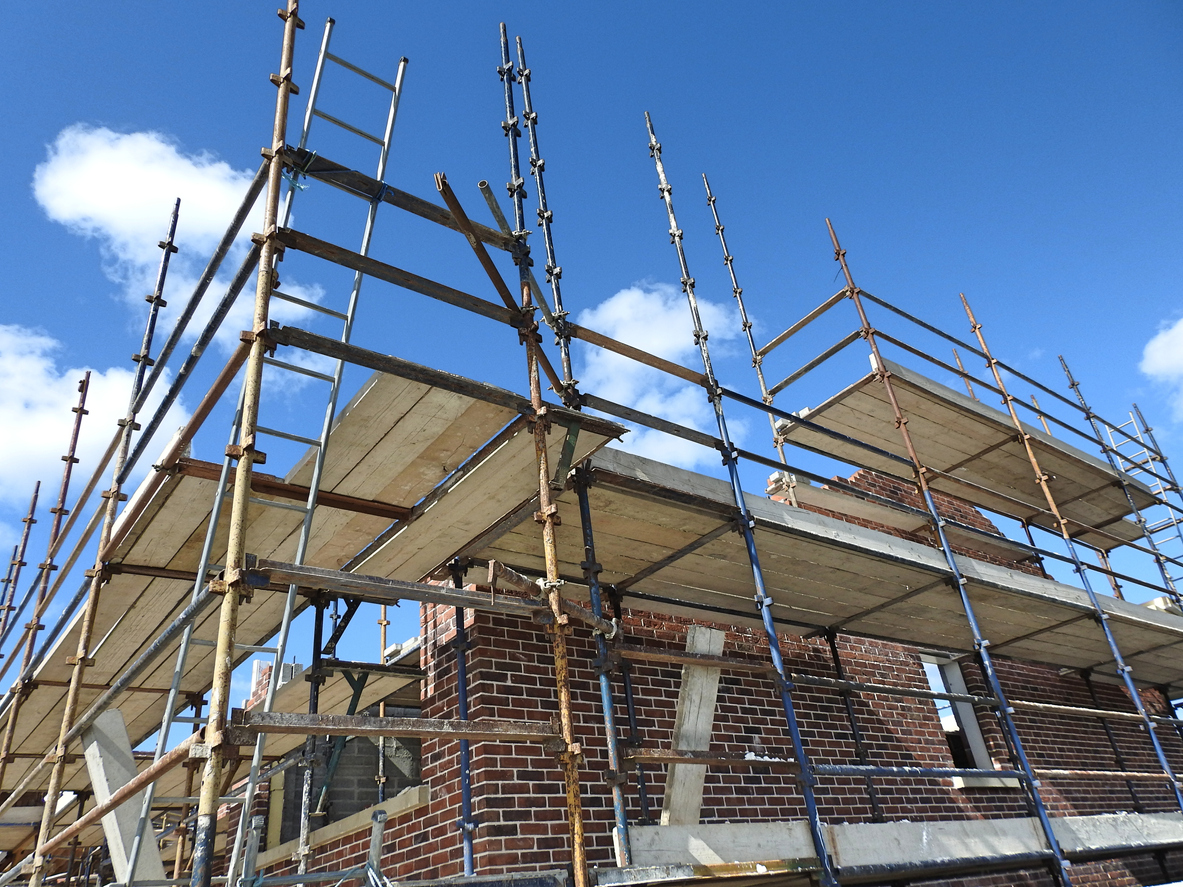
The 2023 Levelling Up and Regeneration Act (‘Act’) introduces measures to tighten the planning enforcement regime and provides stronger powers to local planning authorities (‘LPAs’). We have summarised some of the key changes below which aim to shift behaviours towards compliance with planning laws.
Time Limits
Previously, LPAs could not take enforcement action against unlawful development if the following time limits had passed:
- 4 years for unlawful change of use to a single dwelling, or any operational development works such as engineering, mining, or other operations; and
- 10 years for any other breaches of planning laws.
The Act overhauls the 4-year rule, meaning unlawful development and breaches are subject to enforcement action by LPAs for up to 10 years after the breach occurred.
Penalties
The Act increases penalty limits:
- The penalty for non-compliance with a breach of condition notice is increased from £2,500 to an uncapped fine.
- The penalty for non-compliance with a section 215 notice (requirement to maintain land) is increased from £1,000 to an uncapped fine.
- The daily fine for non-compliance with court orders has increased from £100 to £500.
Enforcement Warning Notices
Where there has been unlawful development and the LPA considers there is a ‘reasonable prospect’ that planning permission would have been granted if an application was submitted, then an Enforcement Warning Notice (‘EWN’) can be issued. This requires a retrospective planning application to be made and if the application is not made within the specified timeframe, further enforcement action may be taken.
The scope for appeals against EWNs is strict and there is only one opportunity to obtain planning permission retrospectively.
Changes to Notices
Temporary Stop Notices
The LPA can serve a stop notice which requires development or use of land to cease. The duration of temporary stop notices is increased from 28 days to 56. LPAs also now have powers to serve a temporary stop notice for works carried out to a listed building without listed building consent.
Development Commencement Notice (‘DCN’)
Before development with planning consent begins, LPAs must be given a DCN specifying the date the works will begin. Where the actual commencement date differs to the date on the DCN, LPAs will need to be notified. Failure to do so means LPAs may serve notice requiring the information, and non-compliance with such a notice will result in a fine of up to £1,000.
Completion Notices
Where there is a planning condition for the development to be commenced within 3 years, and the development has not yet completed, the LPA can serve a completion notice invalidating the planning consent if they believe the development will not complete within a reasonable time.
The notice can be appealed if:
- the deadline is unreasonable;
- the development will be completed within a reasonable time; or
- the notice was not served on the owner, occupier, or person with interest in the land.
Non-Implementation of Planning Consent
The Act now allows LPAs to refuse planning permission where the applicant has previously submitted, or has been connected with, planning consent (within the LPAs vicinity) which has not commenced, or the development has been unreasonably slow.
Appeal Delays
The Secretary of State now has powers to dismiss planning appeals where the applicant is responsible for delays during the appeal process. Additionally, where an enforcement notice is appealed, the Act includes provisions so the applicant cannot benefit from delaying the process and therefore, delaying the effect of the notice.
Summary
The Act has introduced stricter regimes in a bid to promote compliance with planning laws and to deter unlawful activity. The effect of the Act will have a significant impact on developers and the methods in which they carry out developments moving forward.
If you require any assistance on the development or purchase of commercial property, then please contact our Commercial Property department by emailing info@bhwsolicitors.com or calling 0116 289 7000.
Categorised in: Commercial Property, News, Residential Property
Tags: Commercial Property, Planning, Residential Property